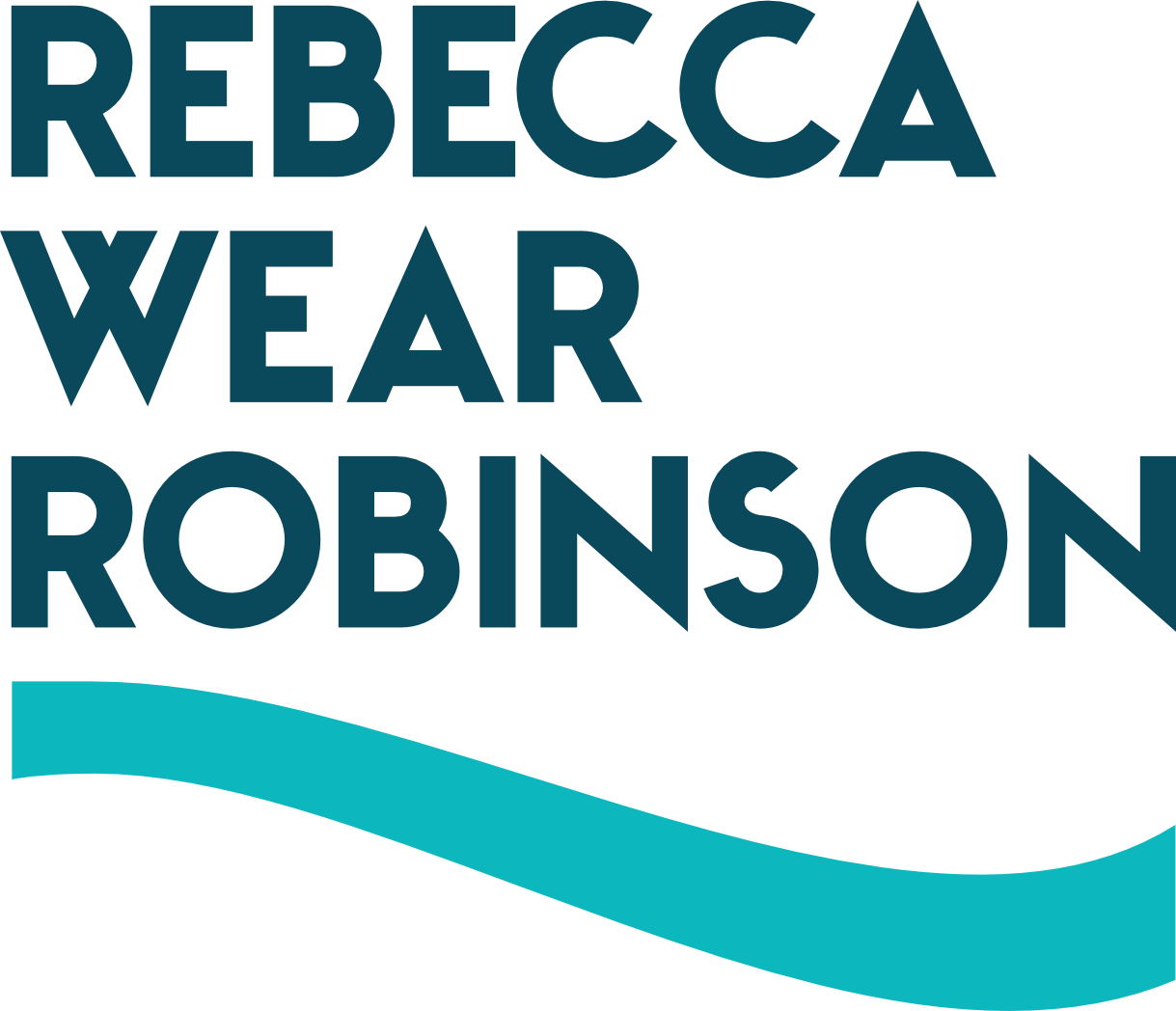Activism Isn't Always Political
Are you letting your politics get in the way of solving big problems?
In recent years, it has felt like everything is political. Climate change. Gun violence. School curriculums. Reproductive rights. Covid-19 pandemic. To name just a few hot-button issues.
These issues, and many others, don’t impact one political side or the other. They impact all of us. If it’s not us personally, it’s almost certainly someone we know, or know of. The impact is rarely even 6 degrees of separation away, yet we have been harassed, harangued, and hounded into taking a side.
Issues aren’t political. Solutions are political.
Shooters don’t ask for voting cards to determine party affiliation before shooting. They kill because of trauma, suicidality, and crisis. They study other mass shooters and are often radicalized online. A prior criminal record and history of violence, including domestic violence, are present in almost 2/3 of shooters. 97.7% of the mass shooters are male.
Data from the Department of Justice (to which you may be conditioned to say ‘politically biased’) notes that findings support safe storage of guns, firearm locks, and “red flag” laws allowing for the temporary removal of a firearm from a person who presents a danger, as determined by the courts. None of which are the “eliminate all guns” or “everyone needs a gun to protect themselves” opposite ends of the political messaging spectrum. Yet the solutions to mass shootings have been deeply politicized, as shown in this Pew Research report. And so we end in gridlock. Nothing changes. People die. Thoughts and prayers.
It’s not the issue that is under debate, it’s the solution. We lose track of what we are trying to change.
We humans are wired to work and socialize with people who look like us, think like us, share the same belief systems as us. Despite all the evidence that diversity creates better outcomes. Diversity in thought, gender, race, socio-economic background, rural and urban living experiences, and the list goes on. Just talking to people who aren’t all nodding in unison moves us forward. Diversity in thought takes effort. These days, even talking to someone with different political beliefs takes intentional effort.
As an activist, are you falling prey to the current default of political solutions or are you looking for solutions which work for the human race as a whole? Are you willing to put aside your politics long enough to find a compromise solution that may not be ideal to either side of the political spectrum but is enough to change the status quo?
One of the few advantages of the drowning prevention field is that we can’t afford to have political discussions. We have an issue with little recognition by the public and policy-makers, no funding, very few opportunities for making large sums of money attracting investors, and a small enough group of people working globally that we mostly know each other, or at least of each other. We seem to instinctively understand that to put political beliefs into the mix would destroy everyone’s work. We’d all sink if we bring politics into the solutions, so we largely ignore politics and all swim together. This sure isn’t because we share the same beliefs. The same intense passion towards water is present in political and social beliefs on social media, but when it comes to the issue of drowning prevention, we tend keep our eye on the big picture - reducing drowning deaths.
I’ve been on the Steering Committee to create the U.S. National Water Safety Action Plan for the last 3 years. With a cast of hundreds of very opinionated people providing input, we’re about to publish the final plan. It has passed through numerous hoops for consensus. I’m quite certain that members of our group contains the full range of political affiliations, yet I can only think of one occasion when politics attempted to intrude. In a discussion about Congressional funding, the issue was raised why did it matter which party won an upcoming election. You could feel the discomfort of bringing politics into the solution. We all quickly agreed that no one wants to drown, or have their loved one drown, regardless of which party holds the checkbook, and moved on. It felt like we had all looked briefly into the abyss of big issues, seen the political stakes through the hearts, and stepped back into the safety of ‘no politics’, with a sigh of relief.
If you are a political activist, your issue and your solution are inseparable.
If you are an activist in any field but politics, understand the politics may influence your solution, but don’t let it become the main event.

